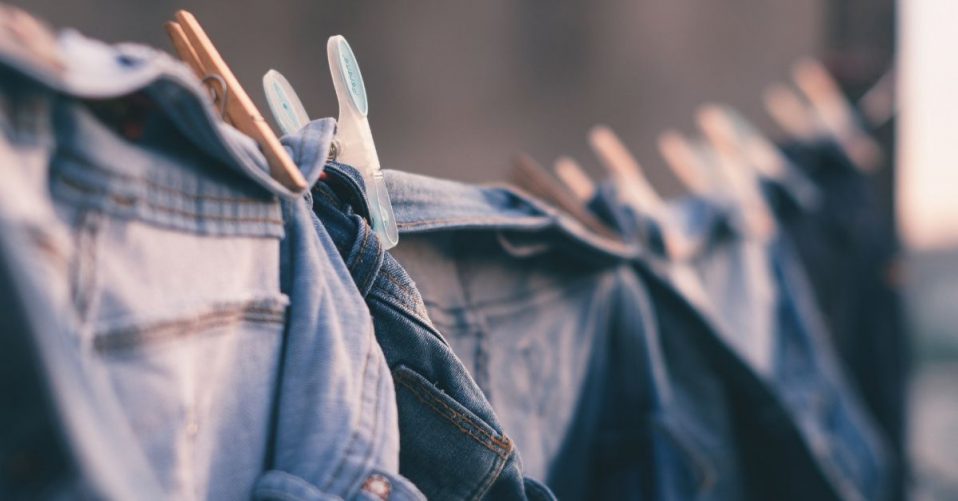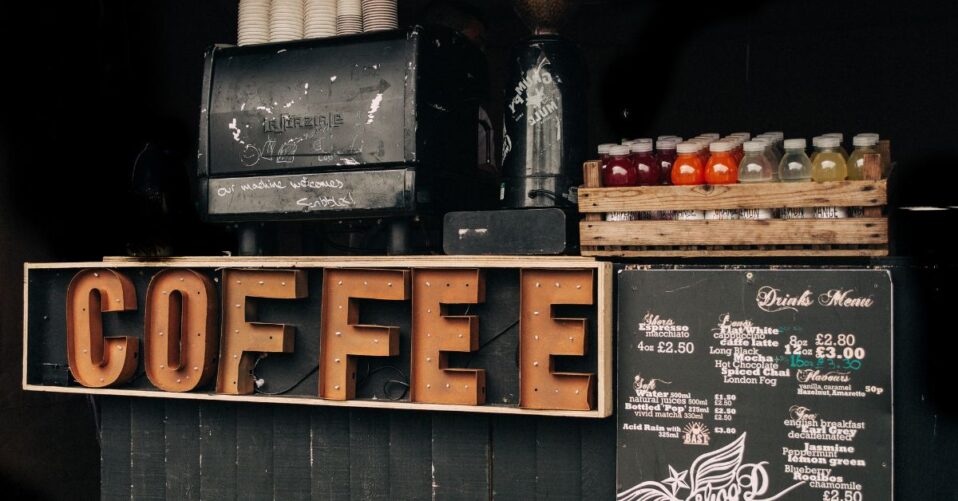By: Amy Cheng
A lack of awareness of ethical brands, and products that are too expensive, are the top barriers for Australians to change their fashion consumption habits, according to a new report.
The Australian Ethical Consumer Report was put together by Baptist World Aid Australia, a Christian aid and development organisation, in collaboration with social research company McCrindle.
The report sought to understand the attitudes and beliefs of the Australian consumer towards ethical fashion consumption and looked at key motivations behind purchasing decisions.
Fashion brands to drive change
Peter Keegan, Director of Advocacy at Baptist World Aid, said that fashion brands have the greatest potential to drive change in their supply chains.
“We also know that the people they listen to more than anyone else are their customers, it’s the demands from their customers that drive their preferences,” he said.
The report, which surveyed 2006 Australians, found that 87 per cent of those surveyed wanted to change their fashion consumption habits to consume more ethically.
However, only 46 per cent indicated that they regularly purchased from ethical or sustainable fashion brands.
Mr Keegan said this disconnect provides an opportunity for fashion brands to connect with their customers.
“If they manage to provide products that have been produced ethically, there’s a demand for that,” he said.
“So, there’s a real opportunity to increase the loyalty to their brands by being there on the front line with those considerations for the workers and the environmental impact.”
“I think there’s a particular mandate for us to be thinking about how we can use our purchases to be good neighbours,” – Peter Keegan, Director of Advocacy at Baptist World Aid
Barriers to shopping ethically
The report cited certain barriers that could explain this gap: with a lack of awareness of ethical brands topping the list, followed by a belief that ethical brands are too expensive.
To gain more knowledge of brands, Mr Keegan suggested Australians should refer to resources that already existed.
Since 2013, Baptist World Aid Australia has been putting together the Ethical Fashion Guide, which shines a spotlight on the practices of major Australian and global fashion brands and provides information to guide consumer decisions.
The next Ethical Fashion Guide is set to be released in October this year.
“What we do with the Ethical Fashion Guide is a year-long research process, we look at 46 different elements of every brand’s supply chain and the things that they’re doing to protect their workers,” he said.
“[We] consider the environmental impact of their products and distil all that down to a grade, A-F grade, which makes it really easy to get that simple snapshot.”
Another helpful way to overcome these barriers is to take small steps, according to Mr Keegan.
“It’s making those small switches to a brand that may be more ethical… and even asking ourselves those questions, ‘Do you need this item?’,” he said.
“Do you need to buy another t-shirt, another pair of jeans; or the ones that you’ve got, are they going to do the job that you need?”
“Together, we can build this growing movement to put pressure on fashion brands to improve what they’re doing” – Peter Keegan, Director of Advocacy at Baptist World Aid
Impact of poor fashion purchases
Another barrier cited by those surveyed was a lack of passion for shopping ethically, with 11 per cent admitting to this in their survey.
Mr Keegan said a helpful way to break out of this is to realise the impact that fashion purchases have.
“There are over 50 million people in the world who are employed in the garment industry; for many of these people, it’s the first paid full-time employment that they’ve had, so it’s a real opportunity to potentially step out of poverty,” he said.
“But it’s also a real risk, we know that practices like forced labour and child labour occur in the fashion supply chain; we know that too many workers are not paid fairly.”
For Christians, it’s important to think about how they can be good neighbours, he said.
“I think there’s a particular mandate for us to be thinking about how we can use our purchases to be good neighbours.
“To be taking into account those who played a role in bringing this product to us.”
To help Australians better understand their purchasing habits, Baptist World Aid Australia has created a 5-minute quiz.
“Together, we can build this growing movement to put pressure on fashion brands to improve what they’re doing through the lives of their workers, which impacts all of us through the environmental impact,” Mr Keegan said.
Article supplied with thanks to Hope Media.
Feature image: Photo by Bruno Nascimento on Unsplash




